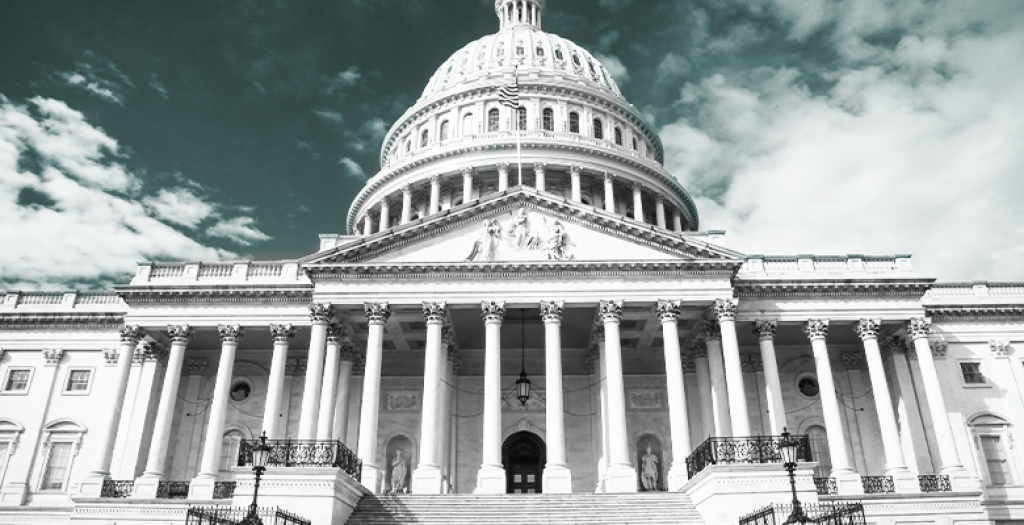Why (U.S.) politicians actively intervene in accounting regulation

TRR 266 researchers Jannis Bischof and Holger Daske, together with Christoph Sextroh, analyzed public statements of U.S. Congress members to determine the influence of politicians on accounting regulation. They found that almost one-third of the politicians were actively involved in the nitty gritty details of accounting regulation. More importantly, when trying to answer the question why these politicians intervened, the research team was able to identify two main groups: one was motivated by their ideology, the other by their strong connections with industry. The first group intervenes irregularly – mostly when the topic is ‘hot’ – whereas the latter is consistently involved. Bischof and Daske explain this political process of standard-setting below.
More Information
First, we explored the content of politicians’ statements by means of textual analysis. We linked the political argument embedded in these statements to the politicians’ ideology and special interest connections. In the second step, we use the variation in timing of the political statements and thus the varying role of ideological views on potential economic consequences (bank bailouts and top-management compensation) at the time of these statements. Secondly, we use the cross-sectional variation in politicians’ ideological preferences regarding these economic consequences to disentangle the roles of ideology and special interest in a regression framework.
We study two prominent accounting debates. The first debate concerned fair value accounting during the 2008-2009 financial crisis. It led to the relaxation of the FASB’s fair value accounting rules in April 2009. The second debate addressed the expensing of stock options that firms grant to their employees and happened in 2003-2004, around the FASB’s adoption of SFAS 123.
Responses